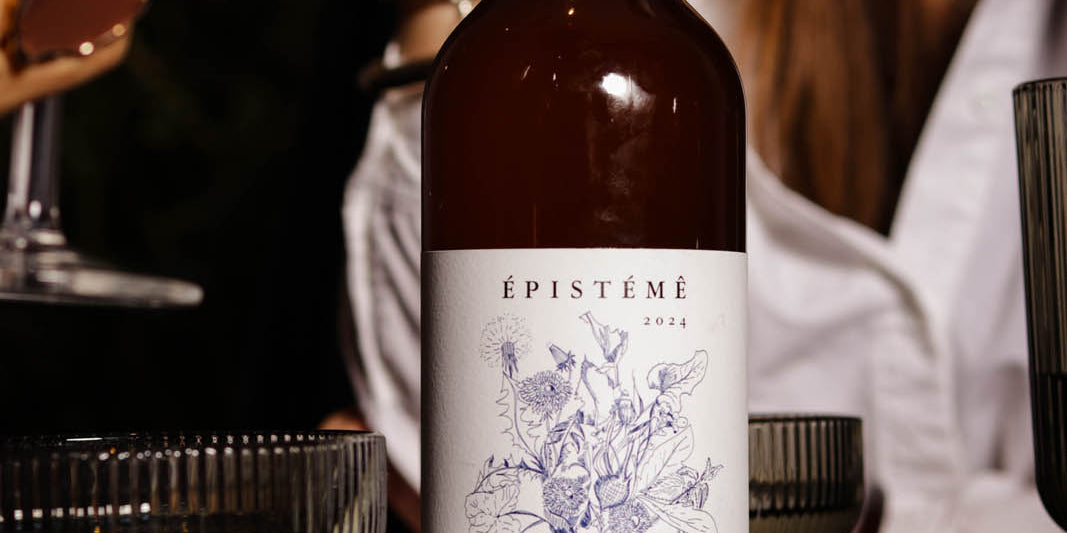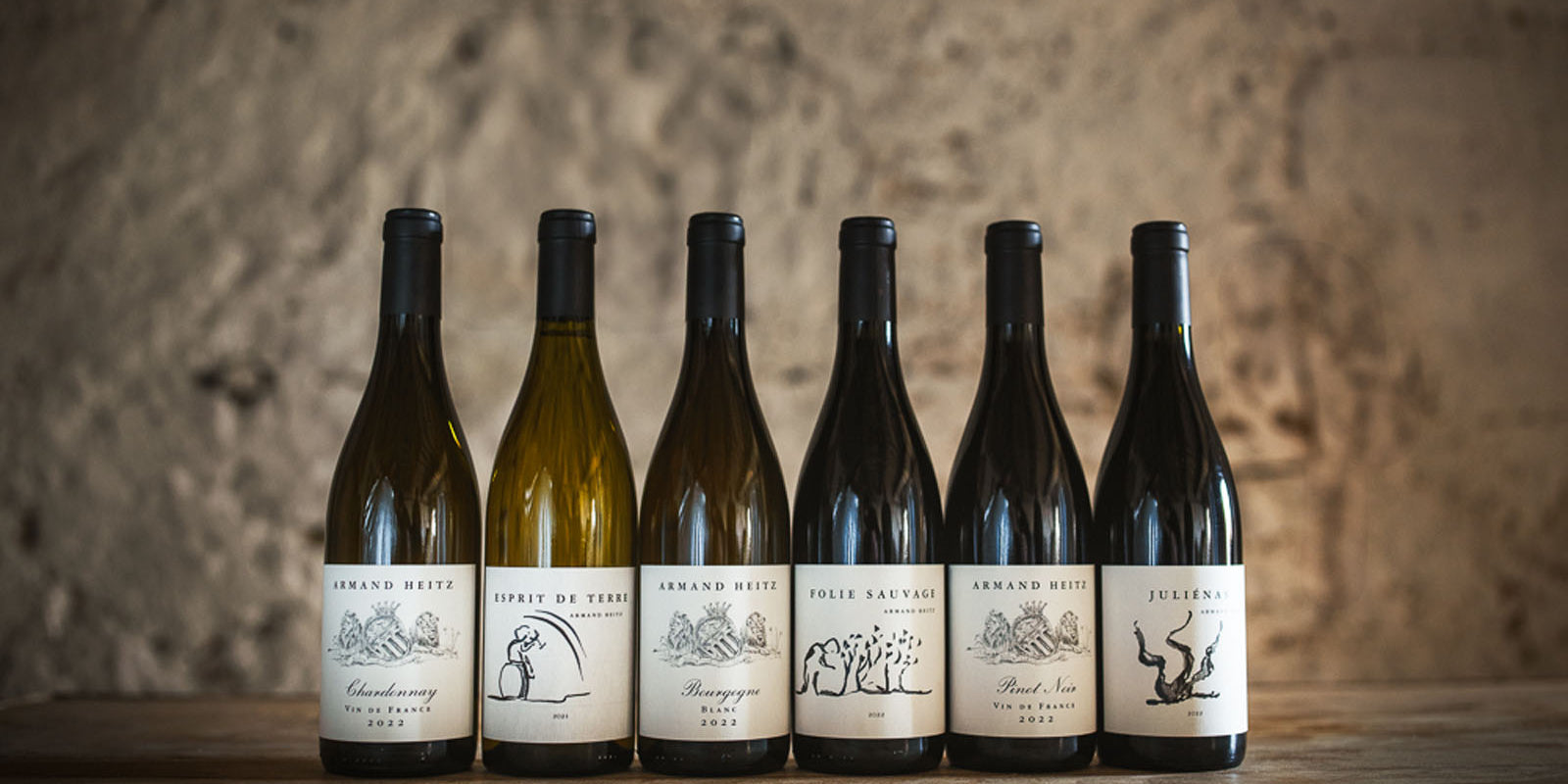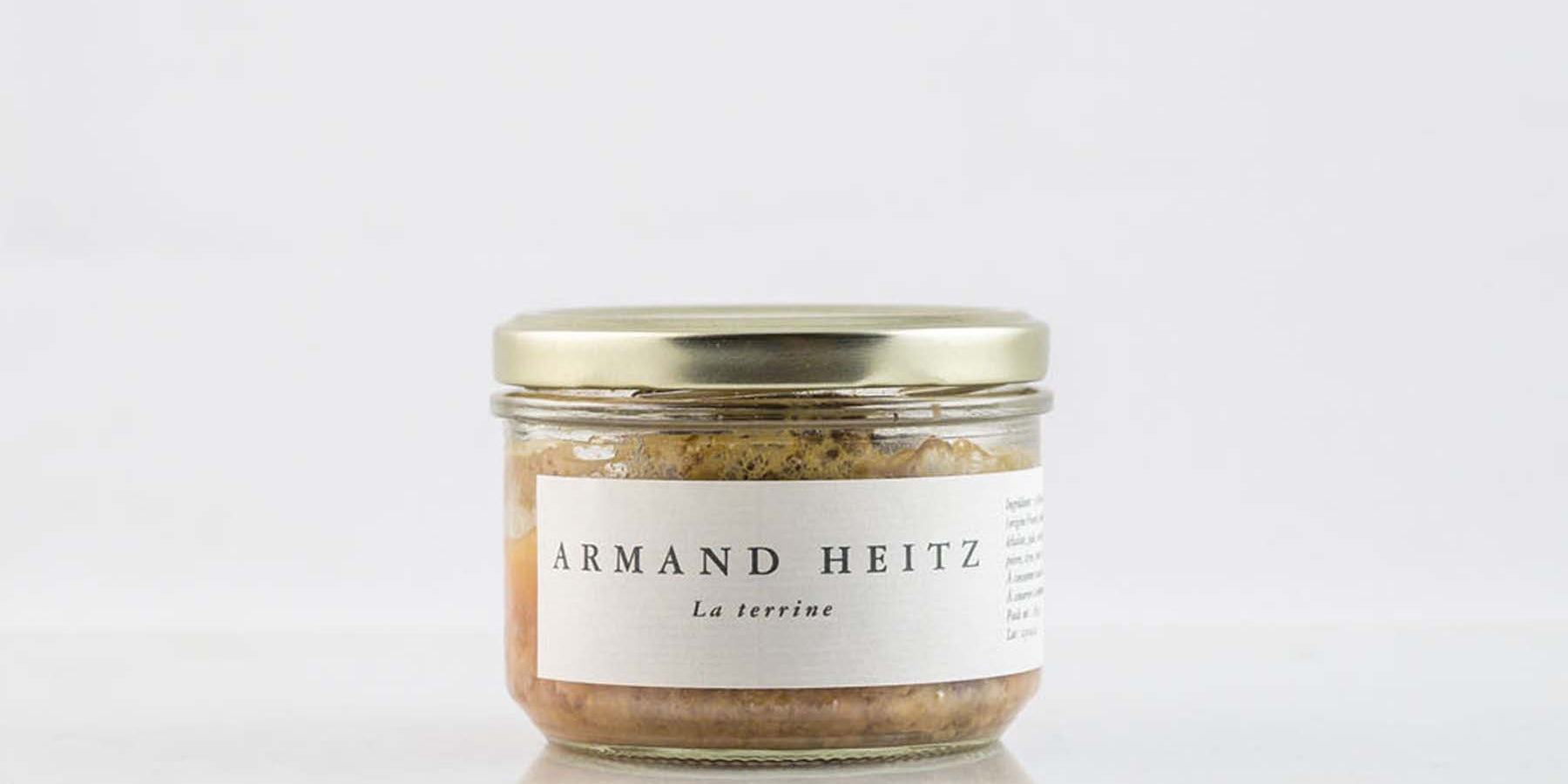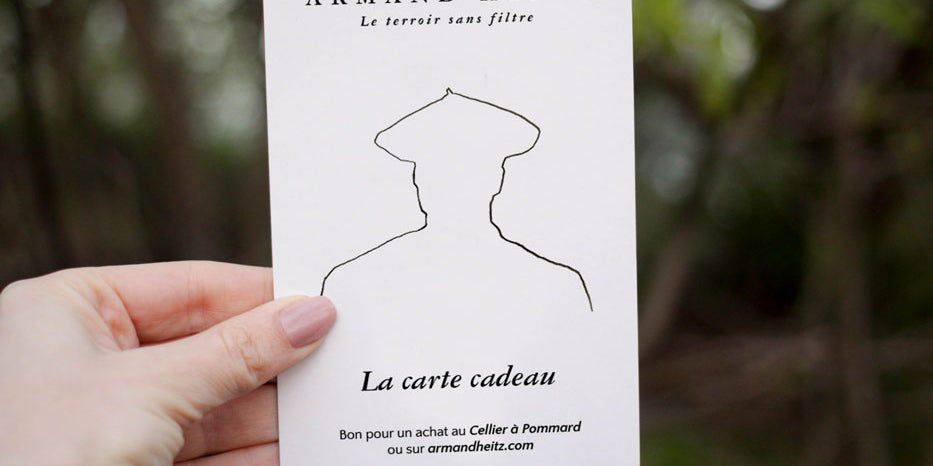A Thursday, in the last days of June. The sun stands high over Loaris, our permaculture garden. The last frosts are far away, a whole greenery has come for a few weeks, it bears fruit underground or at arm's length, but in a single momentum turned towards the light.
Between the parsnips, zucchini, beets, lettuce and artichokes rises the field of broad beans. That day, there is not a bit of wind, the air is still. Calm ? Come closer, take a good look. A terrible invader is making its way, already numerous, voracious, biting the plant to feed on its sap: the aphid.

He is a fearsome warrior, a legendary colonizer of the Aphididae family. Hyper-prolific because the females do not need males to reproduce, and their offspring are born pregnant: the baby aphids are already ready to reproduce. In a few days, the beans bend under the weight of the oppressor.
Two strategies are available to us: strike down the intruders with black soap sprays, very effective but temporary, since the aphids would return a few days later. Or just observe, and check that nature is doing things right. Because new armies arise. Ladybugs adorned with red, yellow or black dotted shields. They devour about fifty aphids a day, their larvae consume two hundred! Then come the Syrphids, adorned with breastplates striped with yellow and black. In ten days of growth, their larvae engulf four hundred aphids.

Behind, the terrible little parasitoid wasps, of the genus Aphidius, which lay their eggs in the aphids. Their larvae develop there, kill the aphid, weave their cocoon there. These terrible hoplites are ruthless.
Ultimately, the bean war will never be completely won by the predators of aphids, but the invader will not be able to overcome it either. These beans represent a major challenge in permaculture: by attracting aphids in large numbers, they bring in their predators who settle permanently in the garden, their subsistence being assured. Once in place, ladybugs and hoverflies will protect other crops that could be attacked by aphids: zucchini, lettuce, cabbage are well guarded.

The balance necessary to maintain all forms of life can be difficult to maintain in a culture, it is fragile. If aphid predators were slow to establish themselves, the bean harvest would be compromised. It is therefore preferable to welcome them well, for example by not using insecticides, by letting wild flowers rich in pollen grow, by varying the crops to extend the flowering period. Syrphid flies are remarkable pollinators.
Each episode, each season of work in the vineyards or the garden of Loaris teaches us that it is better to work with nature, and never against it.
Blandine Bacconnet









